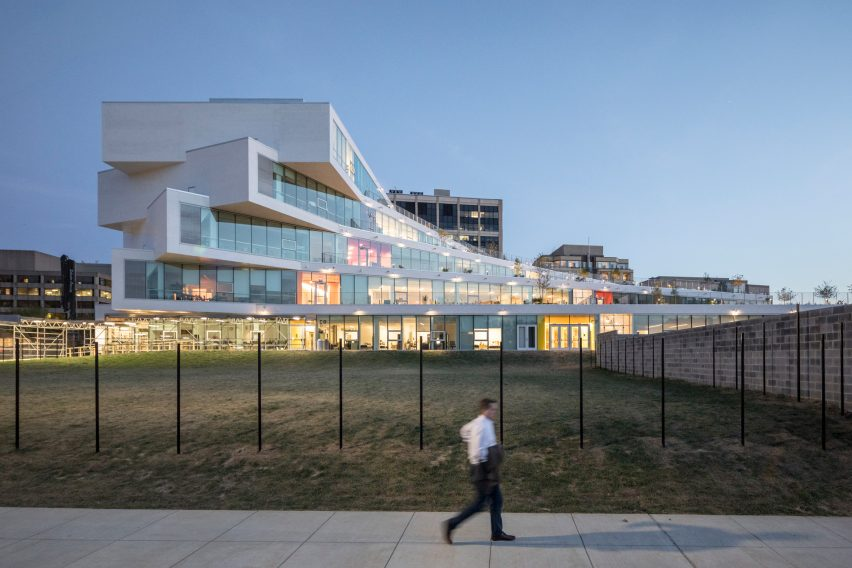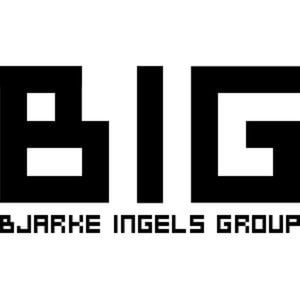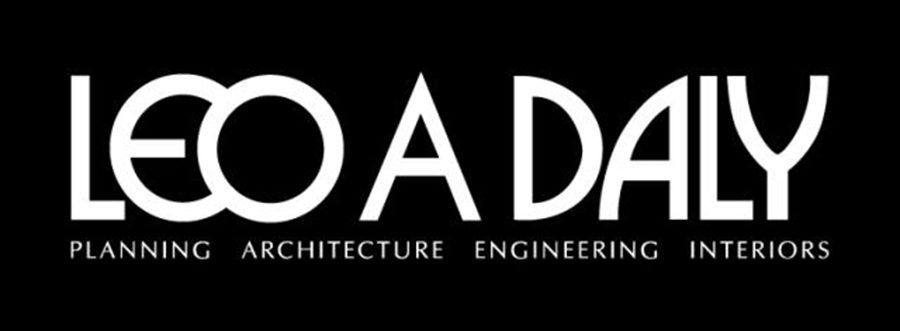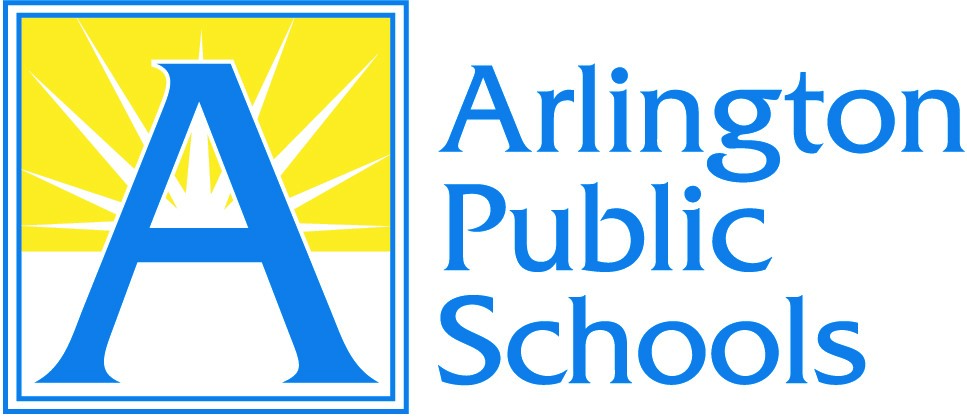
Join the AIA Northern Virginia Committee on Architecture for Education (CAE) and AIA Virginia at noon on Friday, March 5, 2021 for a virtual tour and panel discussion about the new Heights Building, an Arlington Public School (APS) facility in Northern Virginia.
The structural masterpiece is inspired by the values and educational mission of APS and serves as a model example for innovative solutions to school design. Green terraces at each floor become an extension of the classrooms, creating an indoor-outdoor learning landscape for both students and teachers — an educational oasis rather than a traditional school setting, addressing the academic needs of the school’s program while forming a vertical community within its dense urban context.
The panel discussion features speakers from Bjarke Ingels Group, Leo A Daly, Arlington Public Schools, Silman, and Gilbane.
About the Panel
Tony-Saba Shiber AIA | Senior Architect, Designer at Bjarke Ingels Group
Daniel Sundlin | Partner, Bjarke Ingels Group
Aran Coakley, AIA | Project Manager, Bjarke Ingels Group
Tim Duffy, AIA, LEED AP, CSI | Vice President, Leo A Daly
Andrew Graham, AIA | Associate, Leo A Daly
Dr. Casey Robinson | Principal, Arlington Public Schools
Jason Myers, PE, SE, LEED AP BD+C | Associate, Silman
Tyler Swartzwelder, DBIA, LEED AP | Senior Project Executive, Gilbane
Jenine Kotob, AIA | Chair, AIA Northern Virginia CAE
Explore the AIA Northern Virginia Virtual Tour site.
Earn 1.0 AIA LU | HSW. This event is free.
To learn more or get involved with CAE NoVa email cae@aianova.org. Follow CAE NoVa on Instagram to stay up-to-date with the latest news and activities.
After attending this event, attendees will be able to:
- Discern the programmatic and spatial challenges associated with designing a large secondary school for a tight, urban site.
- Illustrate innovative structural solutions to design a complex, yet, sophisticated building that requires close collaboration between engineers and architects.
- Apply concepts of resiliency and sustainability to support healthy schools, especially in an urban context.
- Recall protocols and procedures to curate robust community engagement in the design process for localized and appropriate solutions.





